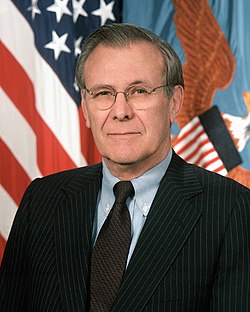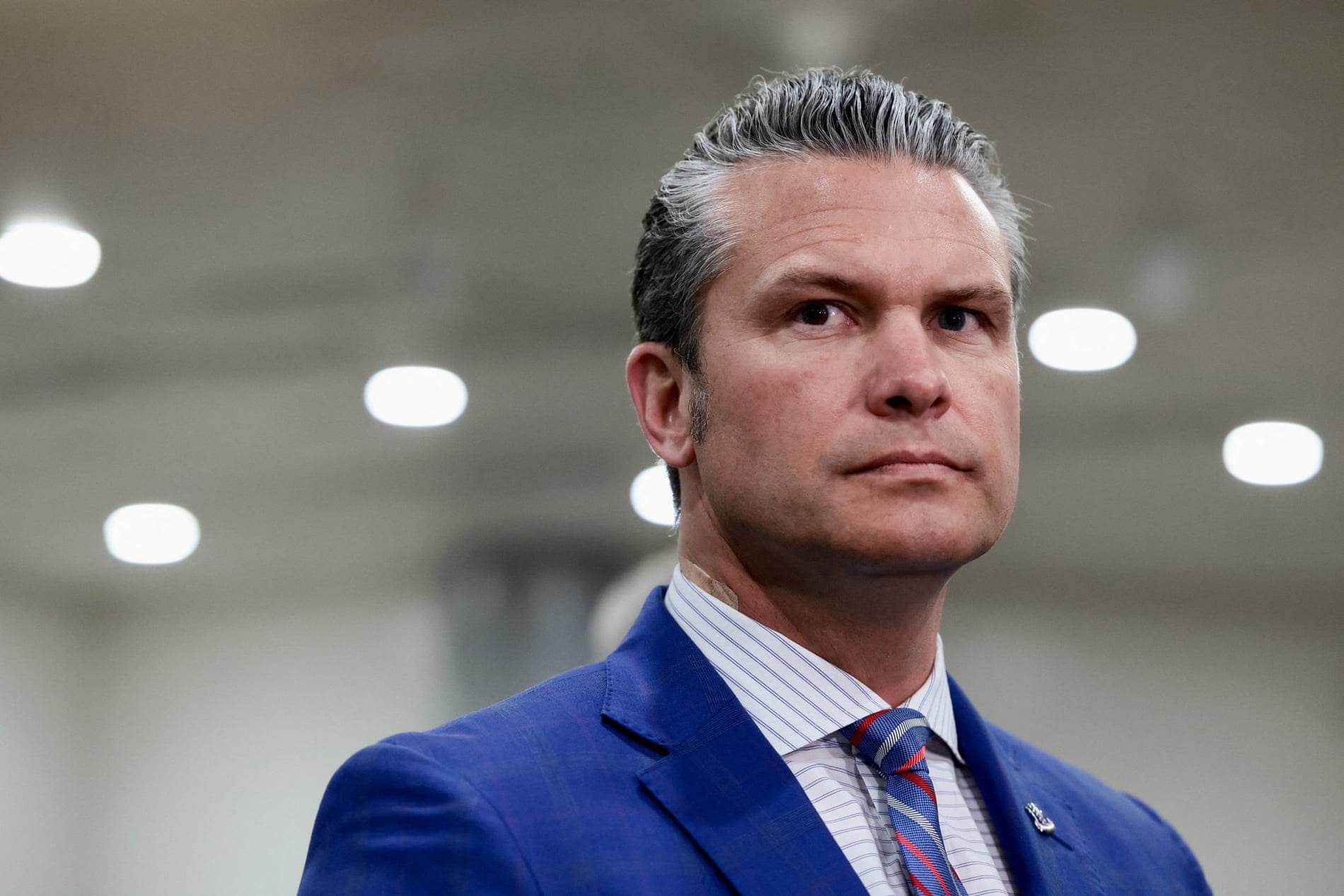 In almost any other realm it would seem a clear conflict of interest — pitting his duty to the US military against the interests of his employer — not to mention a revolving-door sprint from uniformed responsibilities to private paid advocacy.
In almost any other realm it would seem a clear conflict of interest — pitting his duty to the US military against the interests of his employer — not to mention a revolving-door sprint from uniformed responsibilities to private paid advocacy.
But this is the Pentagon where, a Globe review has found, such apparent conflicts are a routine fact of life at the lucrative nexus between the defense procurement system, which spends hundreds of billions of dollars a year, and the industry that feasts on those riches. And almost nothing is ever done about it.
The Globe analyzed the career paths of 750 of the highest ranking generals and admirals who retired during the last two decades and found that, for most, moving into what many in Washington call the “rent-a-general’’ business is all but irresistible.
From 2004 through 2008, 80 percent of retiring three- and four-star officers went to work as consultants or defense executives, according to the Globe analysis. That compares with less than 50 percent who followed that path a decade earlier, from 1994 to 1998.





 A Washington DC grand jury declined to indict six Democratic lawmakers who were denounced by...
A Washington DC grand jury declined to indict six Democratic lawmakers who were denounced by... The US defense secretary, Pete Hegseth, has said the Pentagon is ending all military training, fellowships...
The US defense secretary, Pete Hegseth, has said the Pentagon is ending all military training, fellowships...






























